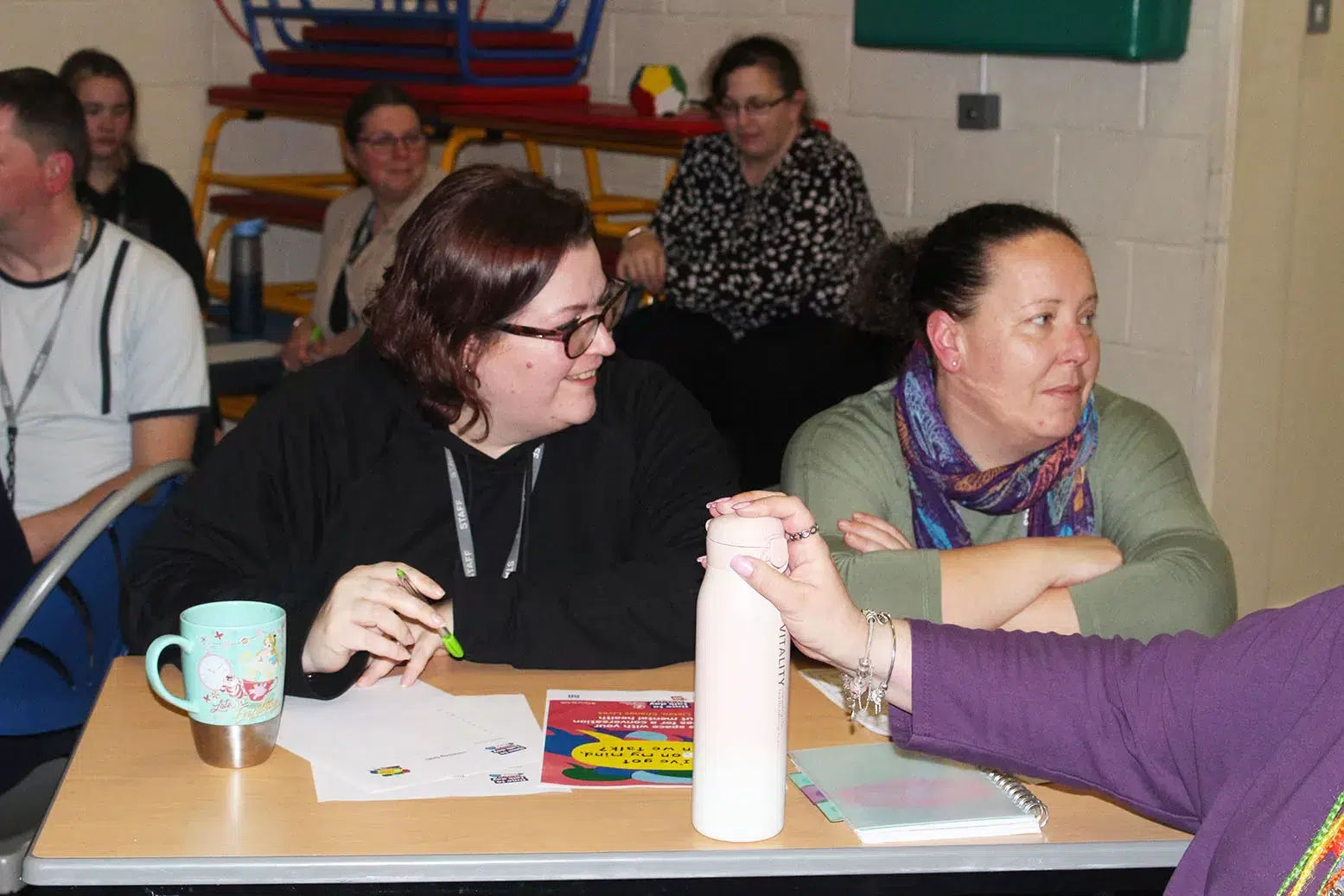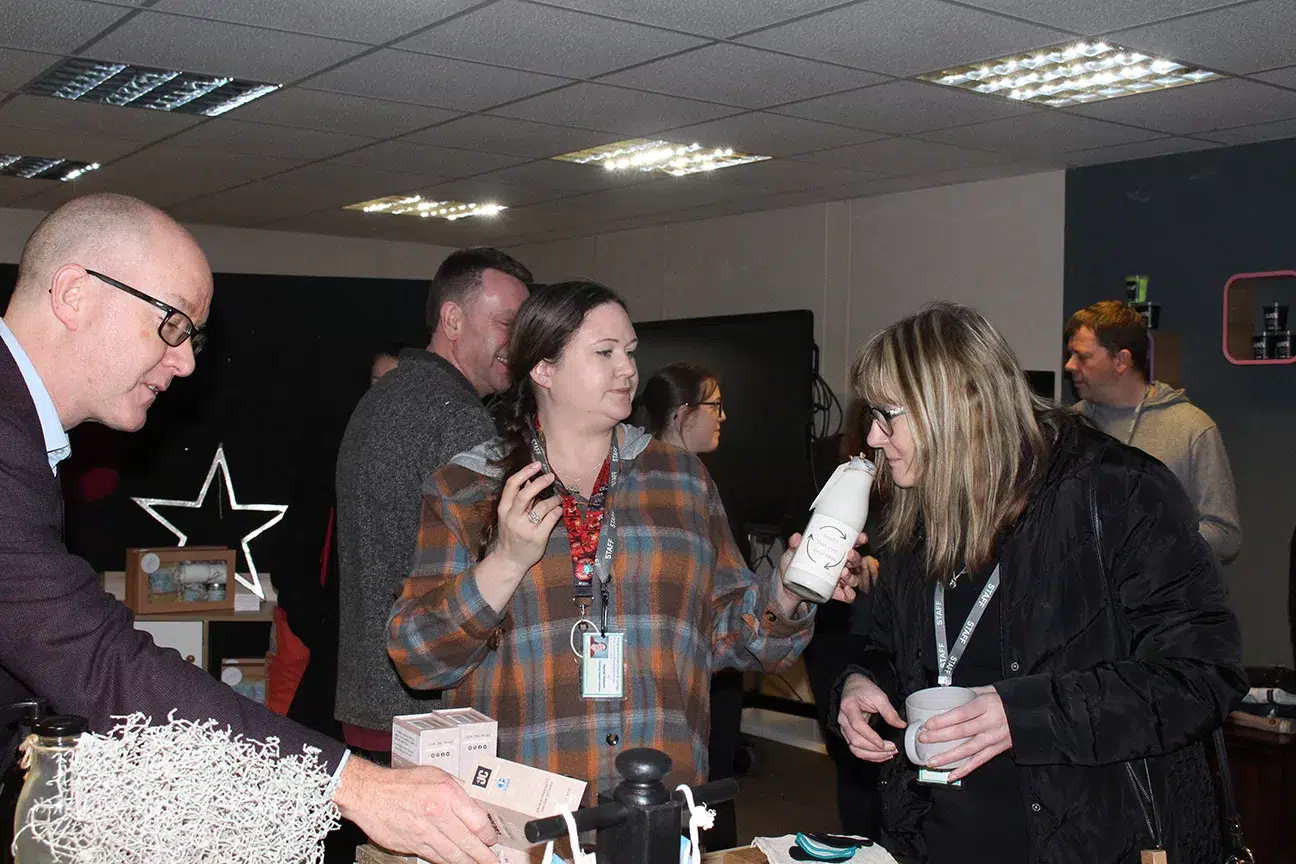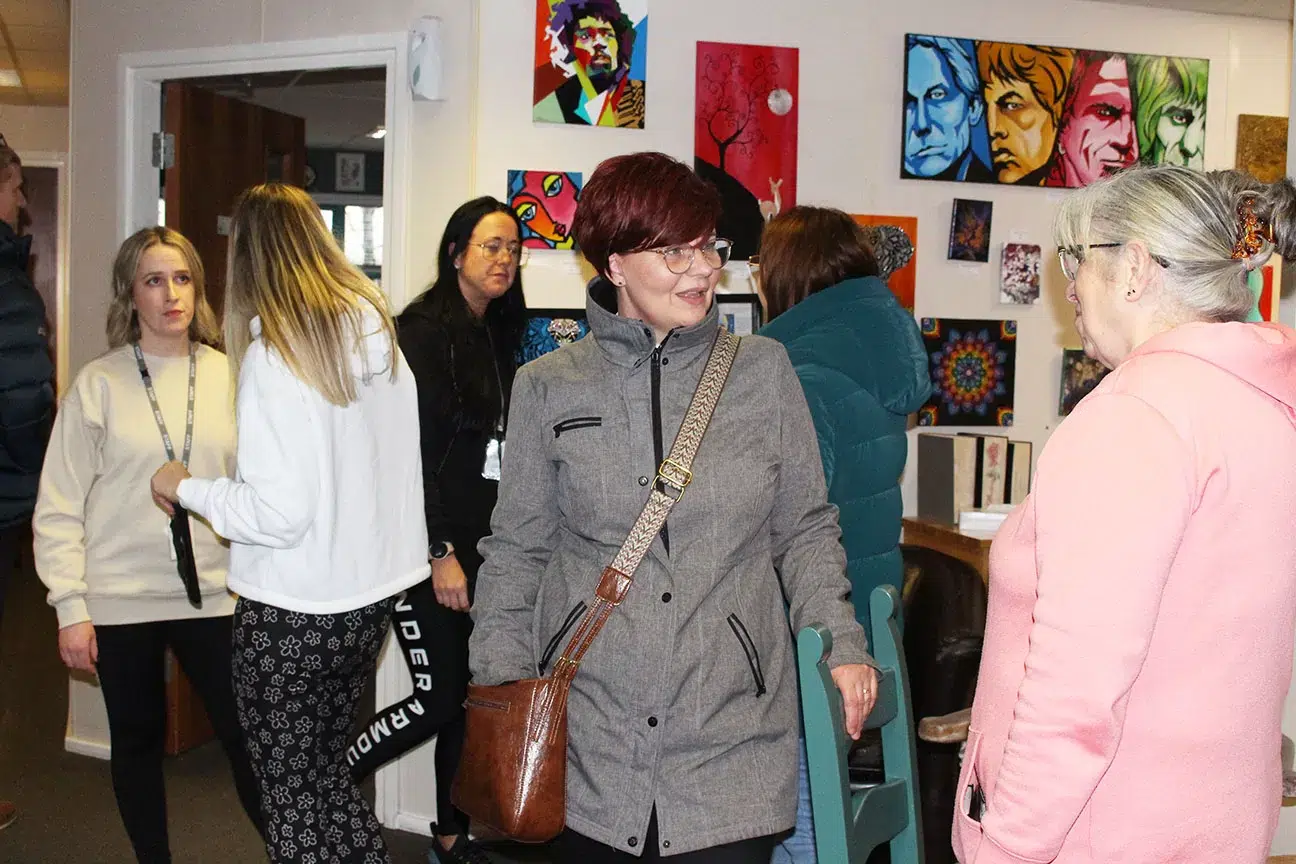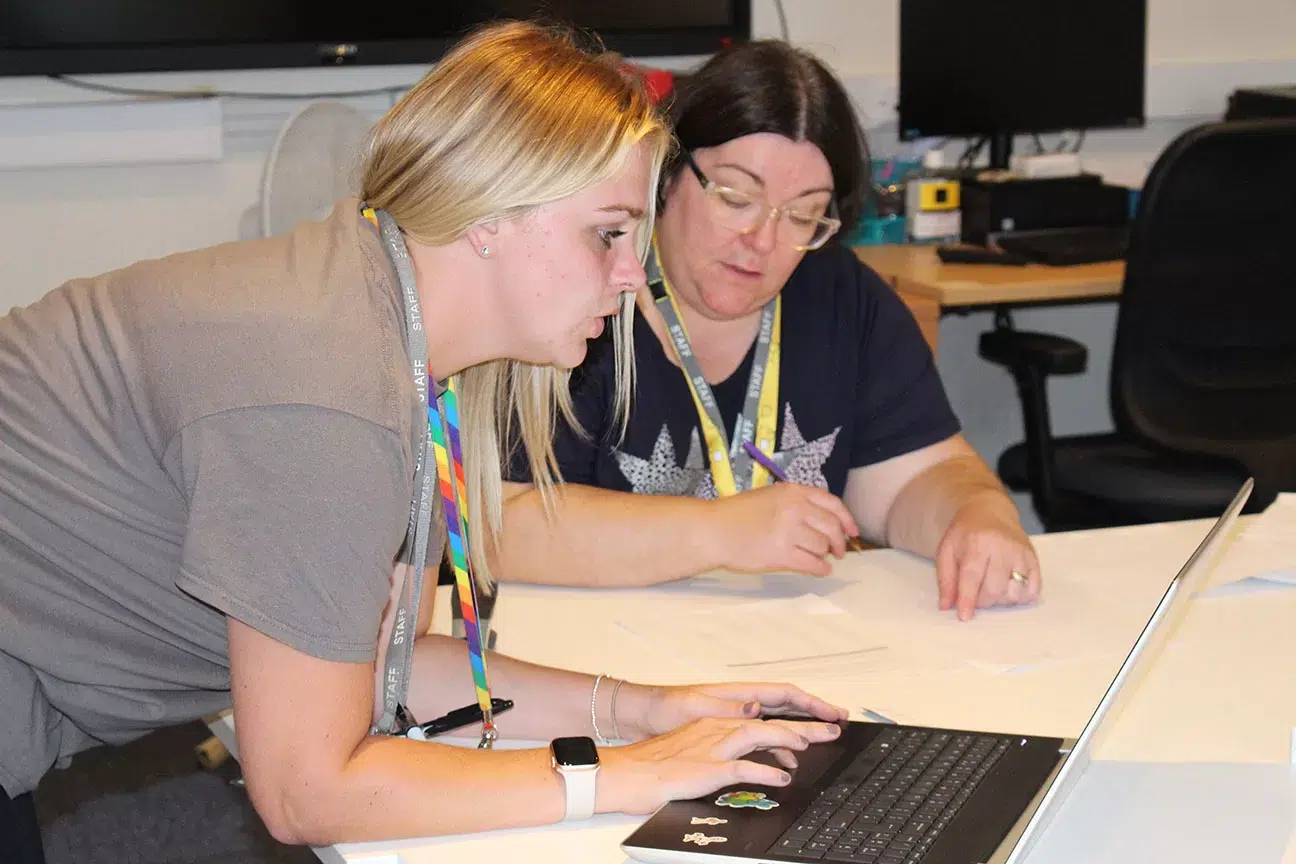CEIAG – Careers

Wargrave House School is part of the Liverpool City Region Careers Hub and we support our young people through a robust, relevant and engaging careers curriculum which is mapped to the CDI framework and 8 Gatsby benchmarks.
Yvette Carr is the Phase Lead for Key Stage 3 and Careers Leader.
Ian Craven is our Link Governor for Careers.
If you have any queries regarding careers please contact the main school reception on 01925 224 899 or
email yvettecarr@wargravehouse.com
Additional Information
At Wargrave House School we have a careers programme in place that ensures that every child will be well equipped for the future and have the information and opportunities they need to make realistic and informed decisions about further education, training and employment.




